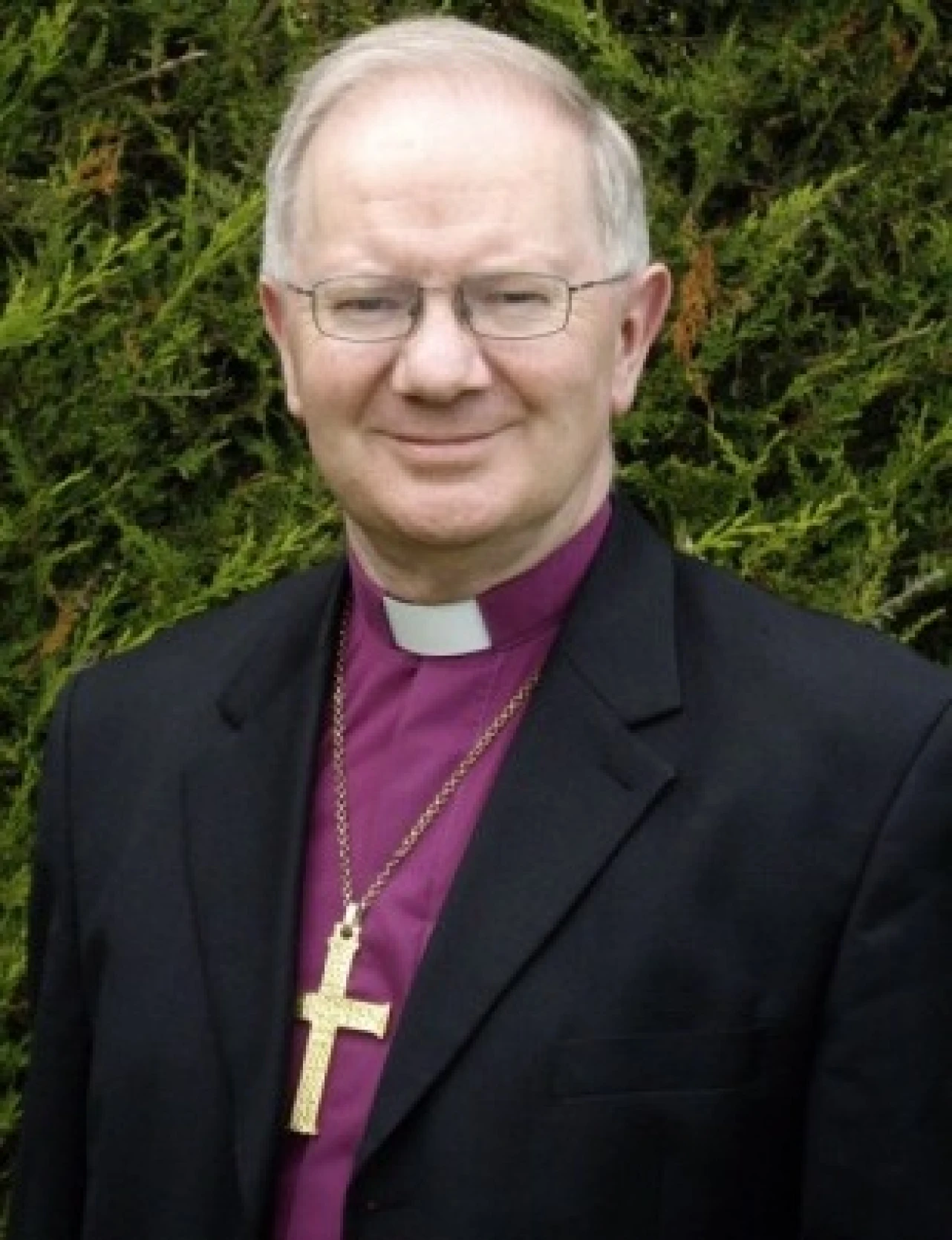Bishop Richard Clarke: ‘An ecumenism that is wholly safe is not ecumenism at all.’

The Most Revd Dr Richard Clarke, Bishop of Meath & Kildare gave an address at St Peter's Cathedral, Belfast on, Tuesday 18th January as part of the Week of Prayer for Christian Unity 2011.
'An ecumenism that is wholly safe is not ecumenism at all - it may be good manners but can be nothing more. We are all, in our own way and through our baptism, called to defend the Church of God. We are not, however, called to be the Church’s jailers.’ he said.
Bishop Clarke continued, ‘God’s grace is everywhere, but perhaps even more accessible to his disciples in the places of uncertainty and adventure than those familiar places of safety and security.’
Further extracts from Bishop Clarke’s address:
‘As different Christian traditions, we cling on to our separate existences, believing that if we let anything go, the Kingdom of God will come crashing down. Actually it won’t. The Kingdom of God is not dependent on the strength of our padlocks. ... Of course we cannot let go of what we see as truth, but we can let go of our obsession with survival as we now are. There could never have been the glory of Christ’s resurrection without the "letting go" of Good Friday. When our specific Christian tradition matters to us more than the Kingdom of God, we have lost touch with Christ himself.’
‘…Hospitality means being prepared to be changed by our guests. It is not a good host who lays down rules for guests. It is not a good guest who abuses the hospitality of the host. There is nevertheless an ease of relationship that comes with familiarity. When we have good friends and when we become good friends, we know what irritates us about our friends and what irritates them about us. If they are really good friends, we are even able to discuss our differences openly without falling out. If we are not prepared to listen to those who are different, respectfully and with a willingness to be changed by what we hear, we are (whether we recognise it or not) living a life of abject fear.’
‘Part of what we must set our hearts and minds to, if we truly believe in the ecumenical adventure, is setting ourselves to listen to one another intently, rather than judgmentally. What we are talking about is an openness to the ideas of others that does not merely wish to correct them. In short, a willingness to be changed, perhaps radically, by what we are hearing … We must listen intelligently and attentively to views that seem alien and even less than acceptable to the preconceptions we cherish so carefully.’
